PepsiCo stock has experienced a significant decline, dropping 26.9% from its peak in May 2023. This marks one of the largest corrections in the company's history. Investors are now asking: Is PepsiCo undervalued, or does this drop signal deeper issues? Let’s explore PepsiCo’s financial health, growth metrics, valuation, and long-term potential.
Recent Financial Results
PepsiCo’s latest financial results reveal stability amidst the correction:
- Revenue: No significant change year-over-year.
- Net Income: Up 5.5%, indicating improved profitability.
- Cash Position: Down 12.4%, largely due to acquisitions like CET Foods.
- Debt Levels: Reduced by 1%, showcasing prudent financial management.
While these results are steady, the cash reduction highlights PepsiCo’s strategic focus on expanding its portfolio with healthier food options.
Long-Term Performance
An investment of $1,000 in PepsiCo 10 years ago would now be worth $1,495. Including $47 in dividends, the total return would be $1,942—a gain of 90%. While this return is below the S&P 500 average, PepsiCo’s low-risk profile makes it an attractive option for wealth preservation and steady growth.
Ownership Insights
PepsiCo’s ownership structure raises questions:
- Individual Insiders: Only 0.1% ownership, indicating limited insider involvement.
- Super Investors: Nine prominent investors, including Terry Smith and David Katz, hold positions. However, recent activity shows more sales than purchases, reflecting cautious sentiment.
Financial Health Indicators
- Return on Invested Capital (ROIC): A strong 14.4%, exceeding the 10% benchmark.
- Net Profit Margin: Averaging 10.1% over five years, outperforming the industry median.
- Share Buybacks: PepsiCo has repurchased 10% of shares in the last decade, benefiting shareholders.
- Debt Levels: It would take nearly five years to pay off long-term debt with current free cash flow—a concern for investors.
Growth Metrics
PepsiCo’s growth figures are underwhelming:
- Revenue Growth: A modest 3.3% compound annual growth rate (CAGR) over 10 years.
- Free Cash Flow Growth: Negative at -0.3%.
- Earnings Per Share (EPS) Growth: A moderate 5%, supported by share buybacks.
These metrics suggest PepsiCo is better suited for stability-focused investors rather than those seeking high growth.
Dividend Analysis
PepsiCo’s dividend yield stands at 3.7%, offering $5.33 annually per share. With a payout ratio of 65.6%, dividends are sustainable but leave limited room for debt reduction. Dividend growth has been consistent at 7% over five years, reinforcing PepsiCo’s status as a Dividend King with 52 consecutive years of increases.
Valuation and Intrinsic Value
Using various valuation models, PepsiCo’s intrinsic value ranges from $40 (low scenario) to $80 (high scenario). With a current price of $143, the stock appears overvalued. However, comparable company analysis suggests PepsiCo is fairly priced relative to competitors like Coca-Cola and Monster.
Risks and Opportunities
PepsiCo faces challenges, including low growth rates and high debt levels. However, its strategic acquisitions and focus on healthier products position it for long-term resilience. Share buybacks and dividends further enhance shareholder value.
Industry Comparison
Among beverage industry peers, PepsiCo ranks as the most expensive but offers the best dividend yield and growth. For dividend-focused investors, PepsiCo remains a solid choice. However, growth-oriented investors may find better opportunities elsewhere.
Conclusion
PepsiCo’s recent drop presents a mixed picture. While its valuation appears high, its stability, dividends, and strategic initiatives make it a reliable long-term investment for conservative portfolios. Growth-focused investors may want to explore alternatives.
https://youtu.be/cRk2LvrG7k8?si=C56uVkPyTv5cxLr0
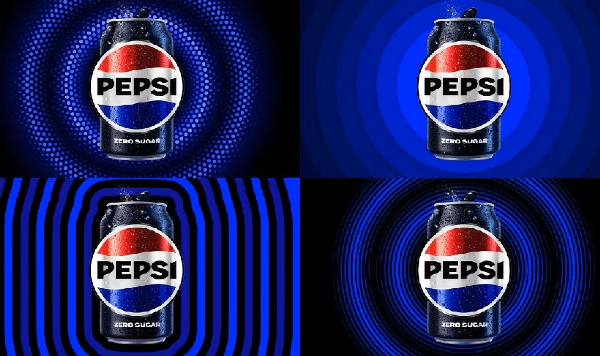









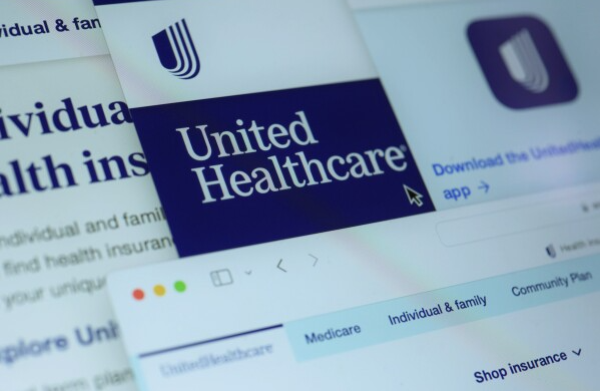


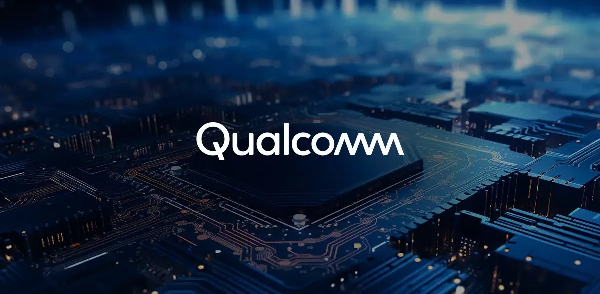



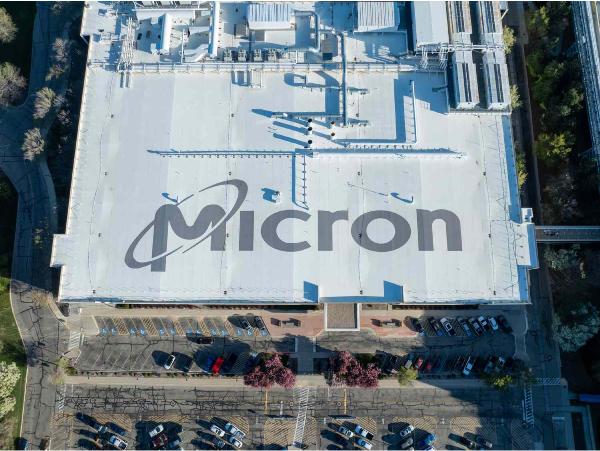

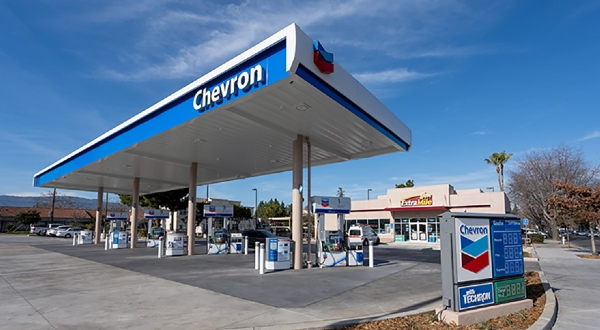
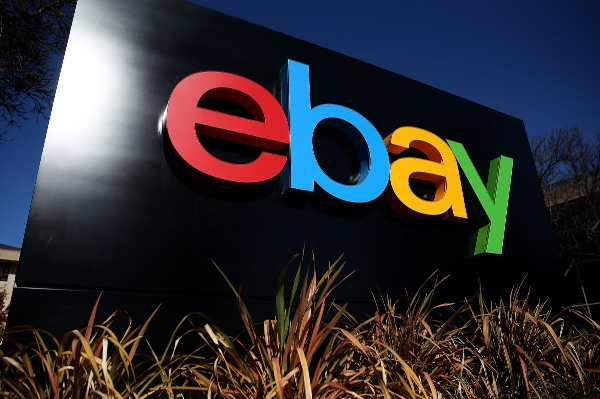
PepsiCo stock has experienced a significant decline, dropping 26.9% from its peak in May 2023. This marks one of the largest corrections in the company's history. Investors are now asking: Is PepsiCo undervalued, or does this drop signal deeper issues? Let’s explore PepsiCo’s financial health, growth metrics, valuation, and long-term potential.
Recent Financial Results
PepsiCo’s latest financial results reveal stability amidst the correction:
While these results are steady, the cash reduction highlights PepsiCo’s strategic focus on expanding its portfolio with healthier food options.
Long-Term Performance
An investment of $1,000 in PepsiCo 10 years ago would now be worth $1,495. Including $47 in dividends, the total return would be $1,942—a gain of 90%. While this return is below the S&P 500 average, PepsiCo’s low-risk profile makes it an attractive option for wealth preservation and steady growth.
Ownership Insights
PepsiCo’s ownership structure raises questions:
Financial Health Indicators
Growth Metrics
PepsiCo’s growth figures are underwhelming:
These metrics suggest PepsiCo is better suited for stability-focused investors rather than those seeking high growth.
Dividend Analysis
PepsiCo’s dividend yield stands at 3.7%, offering $5.33 annually per share. With a payout ratio of 65.6%, dividends are sustainable but leave limited room for debt reduction. Dividend growth has been consistent at 7% over five years, reinforcing PepsiCo’s status as a Dividend King with 52 consecutive years of increases.
Valuation and Intrinsic Value
Using various valuation models, PepsiCo’s intrinsic value ranges from $40 (low scenario) to $80 (high scenario). With a current price of $143, the stock appears overvalued. However, comparable company analysis suggests PepsiCo is fairly priced relative to competitors like Coca-Cola and Monster.
Risks and Opportunities
PepsiCo faces challenges, including low growth rates and high debt levels. However, its strategic acquisitions and focus on healthier products position it for long-term resilience. Share buybacks and dividends further enhance shareholder value.
Industry Comparison
Among beverage industry peers, PepsiCo ranks as the most expensive but offers the best dividend yield and growth. For dividend-focused investors, PepsiCo remains a solid choice. However, growth-oriented investors may find better opportunities elsewhere.
Conclusion
PepsiCo’s recent drop presents a mixed picture. While its valuation appears high, its stability, dividends, and strategic initiatives make it a reliable long-term investment for conservative portfolios. Growth-focused investors may want to explore alternatives.
https://youtu.be/cRk2LvrG7k8?si=C56uVkPyTv5cxLr0